You know, homelessness is a challenging issue in the US. You may see people on the streets, but did you know some people crash with friends, sleep in their cars, or bunk up in shelters?
Imagine this: you are tight on cash, and finding a place to live seems impossible. But then you hear about living in a storage unit.
The next question that arises in your mind is, can you live in a storage unit? Is it legal? The straightforward answer is “NO”.
We will discuss why living in a storage unit is illegal, why you should avoid it, and what the alternatives are.
Is it Legal to live in a Storage Unit?
The Simple answer is no; living in a storage unit is illegal. Economical storage unit facilities are considered for commercial or industrial usage, not residential. This means they do not comply with the building norms and regulations that govern living spaces, such as having adequate ventilation, windows, plumbing, and electrical systems built for continuous occupation.
Can You Sleep in the Storage Unit?
Of course, you can sleep in a storage unit, but it does not mean you should start living there. Many people spend significant time in their storage facilities for various reasons, including running businesses, sorting their stuff, working on their artwork, and countless more.
While we do not say you cannot take a well-deserved break after a long day at work, but the law has drawn the line at living in your storage unit.
Some may argue that because they are renting the property, they may do anything they want with the space. Unfortunately, this is not how storage facilities operate. Your rental contract will describe what you can and cannot use your storage unit for, including prohibited items and the most crucial limitation: “No Sleeping Or Living In Your Storage Unit."
What Appeals to Living in the Storage Unit?
The following are the factors that may appeal to living in the storage unit:
- Cost Effectiveness: People who are facing financial troubles or homelessness may find the affordable cost of renting a storage unit more appealing than standard housing options. It may be viewed as a way to save money or avoid the streets.
- Minimalist Lifestyle: Some people are interested in minimalism and desire to live with fewer possessions. A storage unit forces this lifestyle because of its size and limits.
- Privacy and Autonomy: Renting a storage space provides a clear sense of solitude and liberty. Without neighbors through thin walls or the watchful gaze of a landlord, one may have a greater sense of independence.
What happens If You Get Caught living in a storage unit?
Based on the storage facility's policies and local laws, numerous things can happen if you are detected living in a storage unit. Here's an overview of possible outcomes:
- Eviction from the Unit: The most immediate consequence will likely be eviction from the storage unit. Storage facility contracts explicitly prohibit living in a storage unit, and once discovered, the facility will terminate your rental agreement and require you to vacate the premises.
- Loss of Stored Items: Depending on the situation and the facility's policies, you may be allotted limited time to remove your possessions. If you do not comply with the terms specified, the facility may remove your things, dispose of them, or sell them at auction.
- Legal Consequences: Numerous states make a living in a storage unit illegal. It violates building codes, zoning restrictions, and safety standards. If law enforcement is involved, you may face fines or other legal consequences.
- Criminal Charges: While not as common, you may face criminal penalties, especially if the scenario involves other illegal activities or if this is not your first time being caught living in a storage container.
Reasons Why You Cannot Take Up Residence in a Storage Unit?
Let us discuss the main reasons why you cannot live in a storage unit:
-
Legal Considerations: The primary consideration is legal. It is illegal to live in the Storage unit.
-
Zoning laws and Residential Codes: Depending on the storage units' location, zoning restrictions may prevent people from living in that region. Most storage facilities are not designed for residential use and cannot be used as a housing option.
-
Lease agreements: Lease agreements for storage units forbid living or even staying overnight in the units. These clauses protect the facility from legal issues and ensure the units are used only for their intended purpose: "Storage."
-
Lack of Basic Amenities: Living in a storage unit requires sacrificing fundamental conveniences that most people take for granted. Plumbing, power, heating, and cooling are not designed for these units, making them unfit and dangerous for long-term habitation.
-
Fire Hazards: Candles, lanterns, and portable stoves can all cause major fires in storage units, often stuffed with flammable objects.
-
High Risk for Theft & Vandalism: Storage facilities lack protection, making them vulnerable to theft and damage. Individuals living in units without sufficient locks risk stealing or harming their goods.
-
Extreme temperatures: Most storage units lack climate control and insulation, which can result in hazardous temperature variations. These situations can lead to major health problems like hypothermia or heatstroke.
-
Sanitation problems: A water shortage, toilets, and waste disposal facilities can result in dirty circumstances, promoting disease and infection.
- Lack of Privacy & Comfort: Storage units are not designed to be suitable living spaces, and their open layouts provide little privacy.
Safer Alternatives to Living in Storage Units
Here are more practical and secure alternatives compared to residing in storage units:
- Tiny Houses and Micro-apartments: Tiny houses and micro-apartments are legal and safer alternatives for people looking for minimalist or low-cost living arrangements. They provide compact living spaces built for human habitation while maintaining safety and comfort criteria.
- Community Housing Projects: Numerous programs and community housing projects seek to provide low-cost, safe housing options for needy individuals. These projects provide shelter and a sense of community and belonging.
- Support Services and Resources: Various support services and resources are available for those facing housing insecurity. Government assistance programs, non-profit organizations, and community groups offer help ranging from financial aid to counseling and shelter.
Keeping Storage Safe: How Providers Prevent Unauthorized Living
Storage facility providers perform various precautions to prevent unauthorized living in storage units, which include:
- Access Control: Storage providers implement robust access control measures to prevent unauthorized individuals from entering or living in storage facilities.
- Surveillance Systems: Advanced surveillance systems, including CCTV cameras and motion sensors, are deployed throughout storage facilities to monitor real-time activity.
- Security Personnel: Many storage providers employ security personnel who patrol the premises regularly. These trained professionals help deter unauthorized living and can respond swiftly to any suspicious activity.
- Alarms and Alerts: Storage facilities are equipped with alarms and alert systems that notify staff and authorities immediately in case of unauthorized entry or living within storage units.
- Regular Audits and Inspections: Storage providers conduct regular audits and inspections of their facilities to identify and address any vulnerabilities or potential security risks.
Please Visit: Can You Use Container As A Storage Unit?



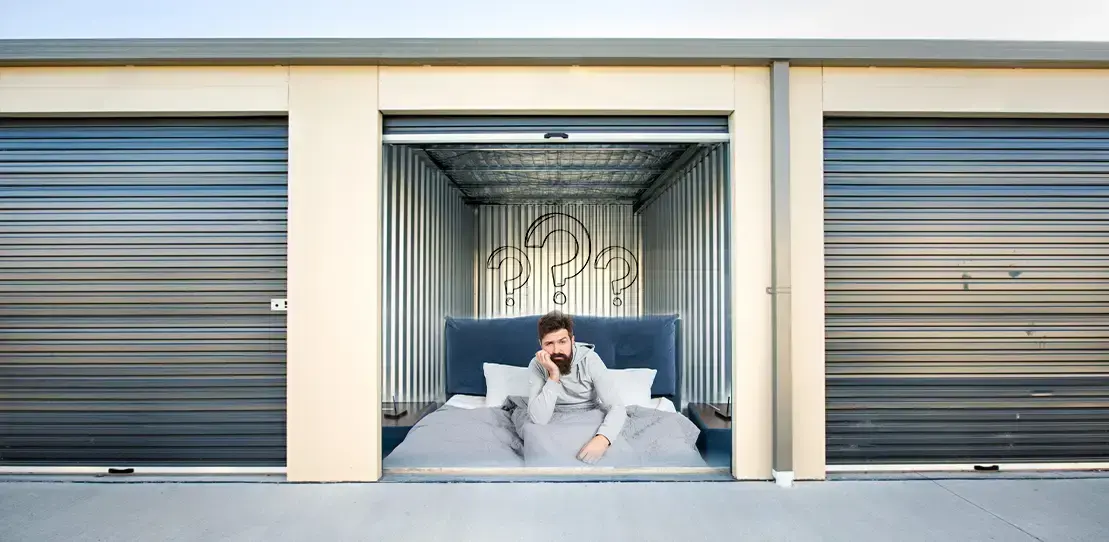








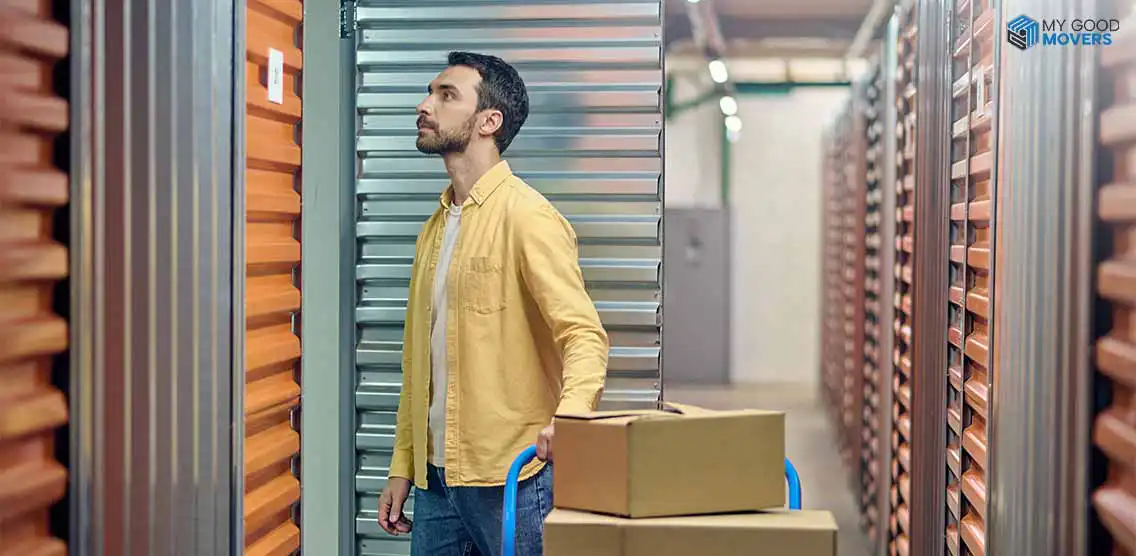


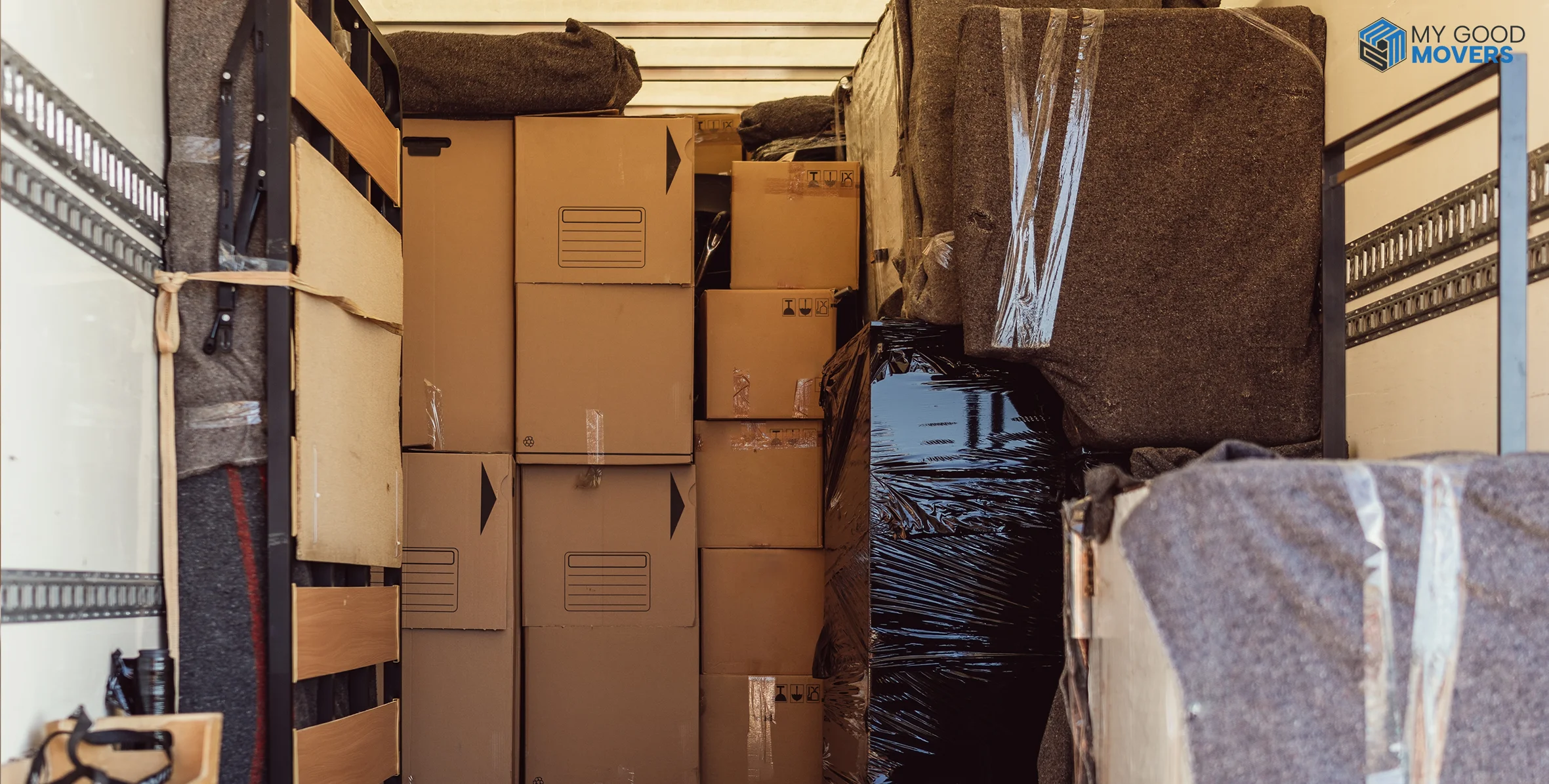
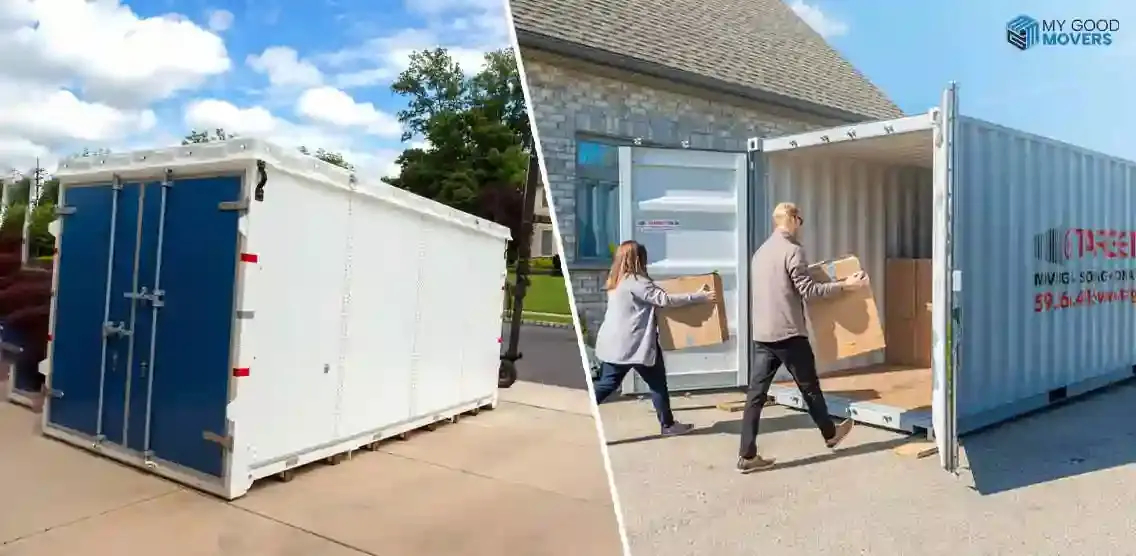
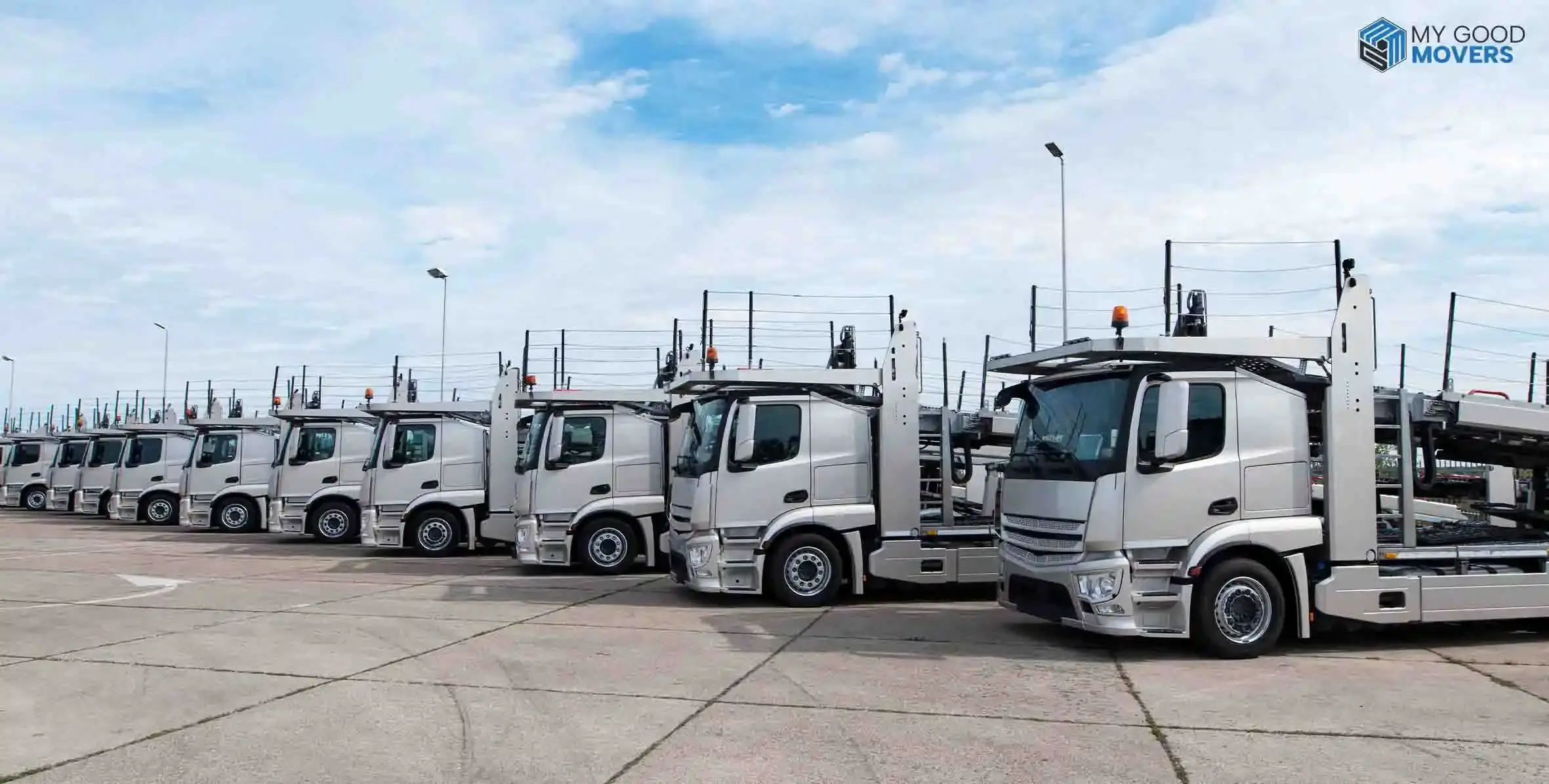


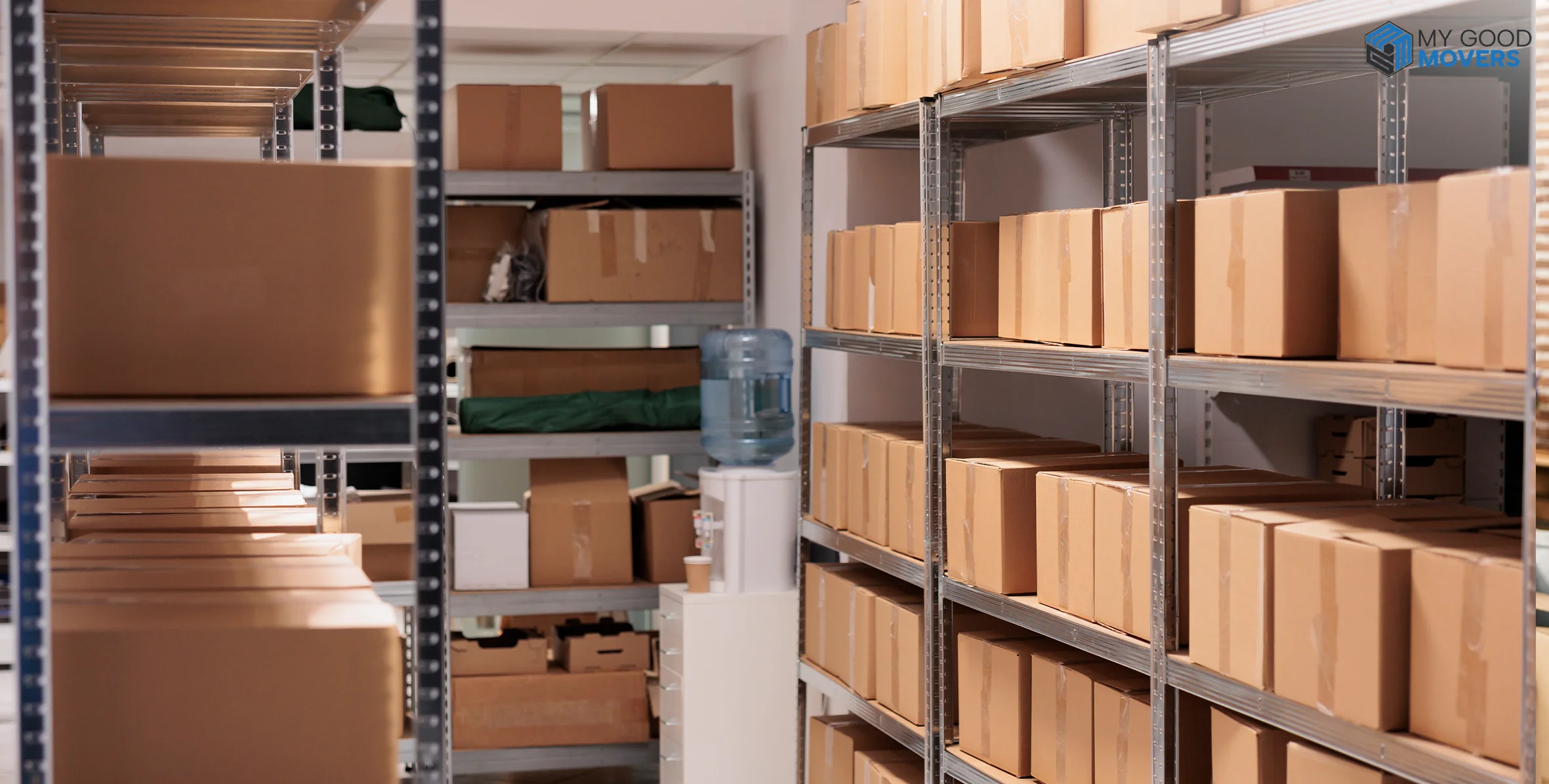





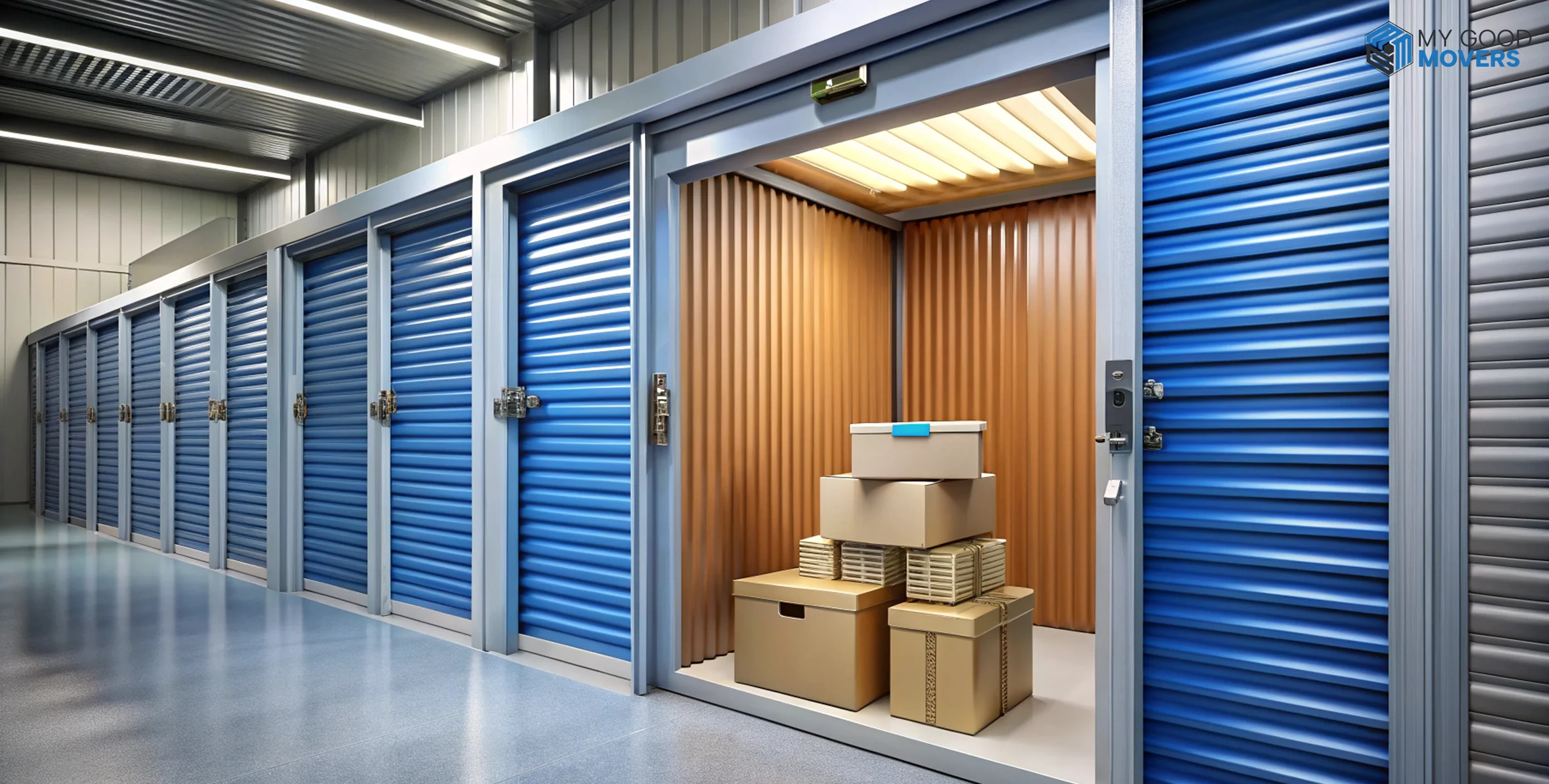
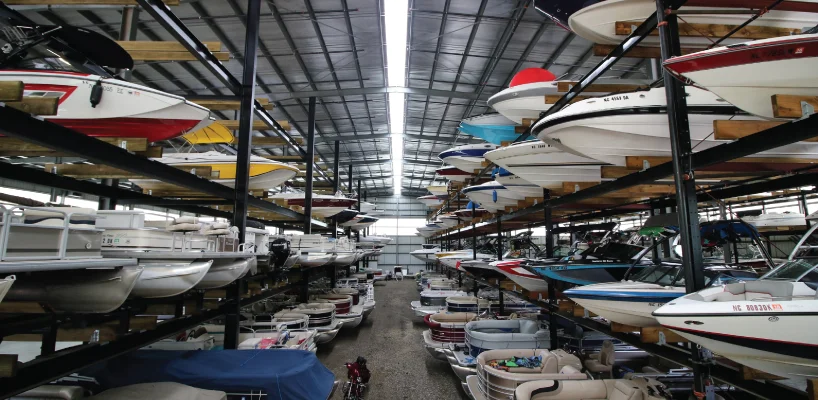

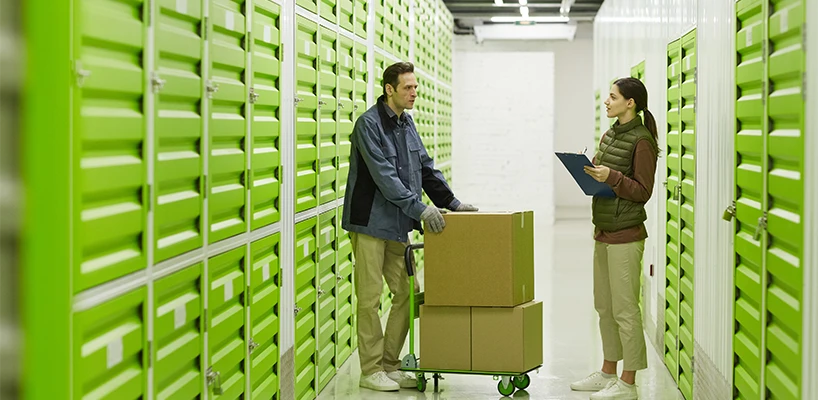
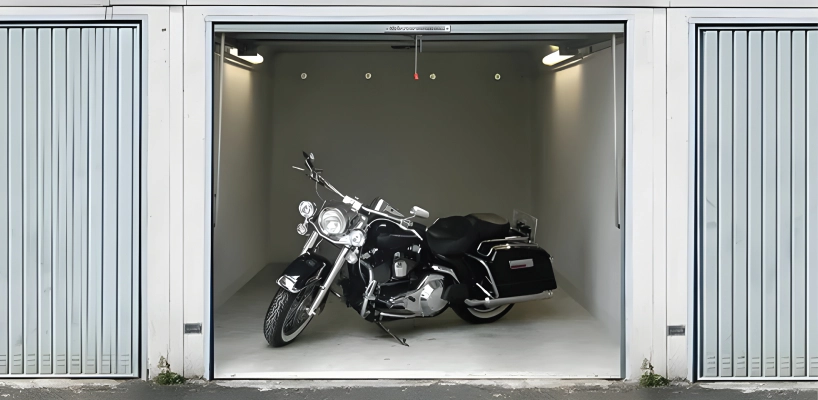

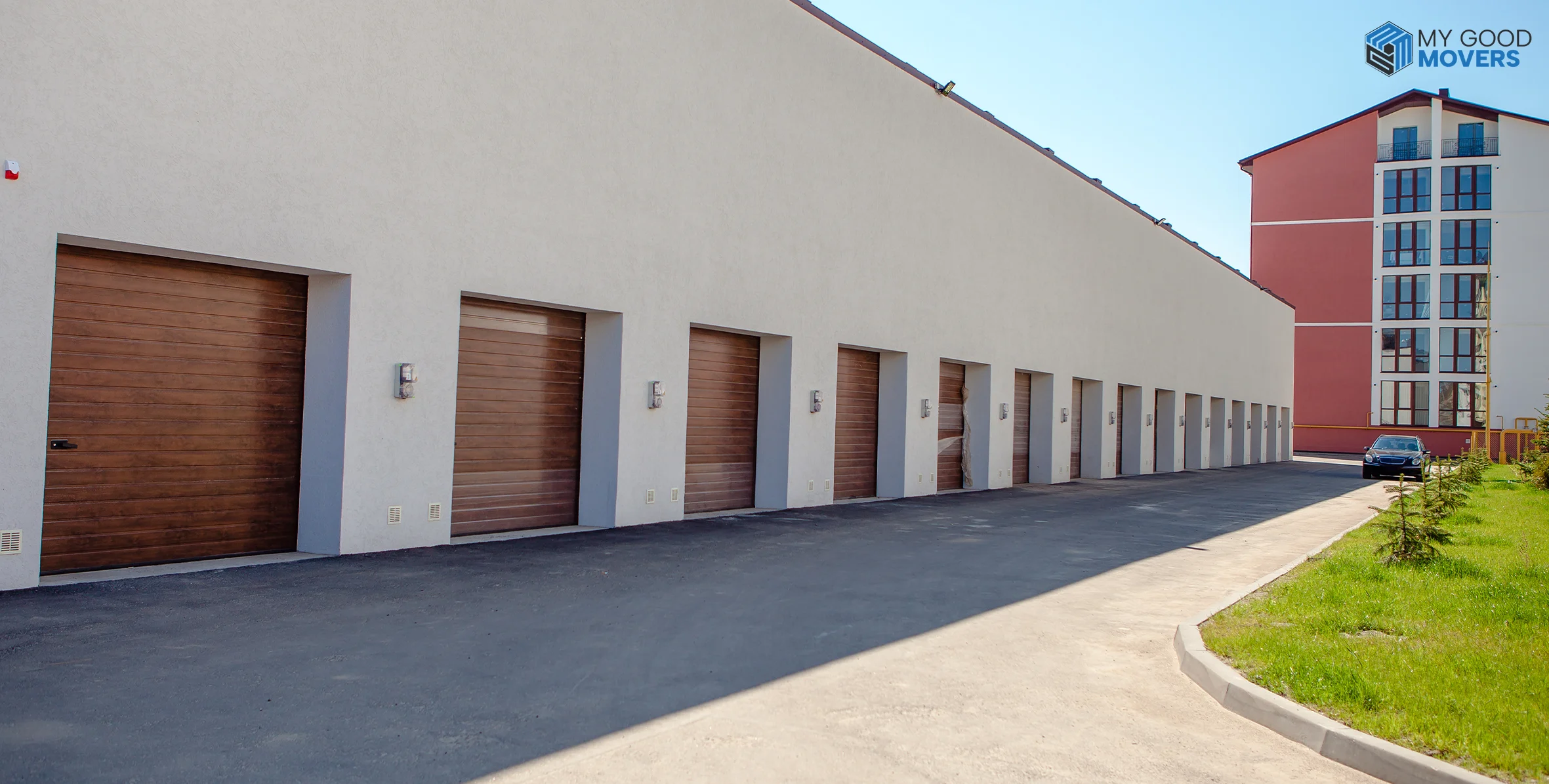


 (239) 799–6077
(239) 799–6077